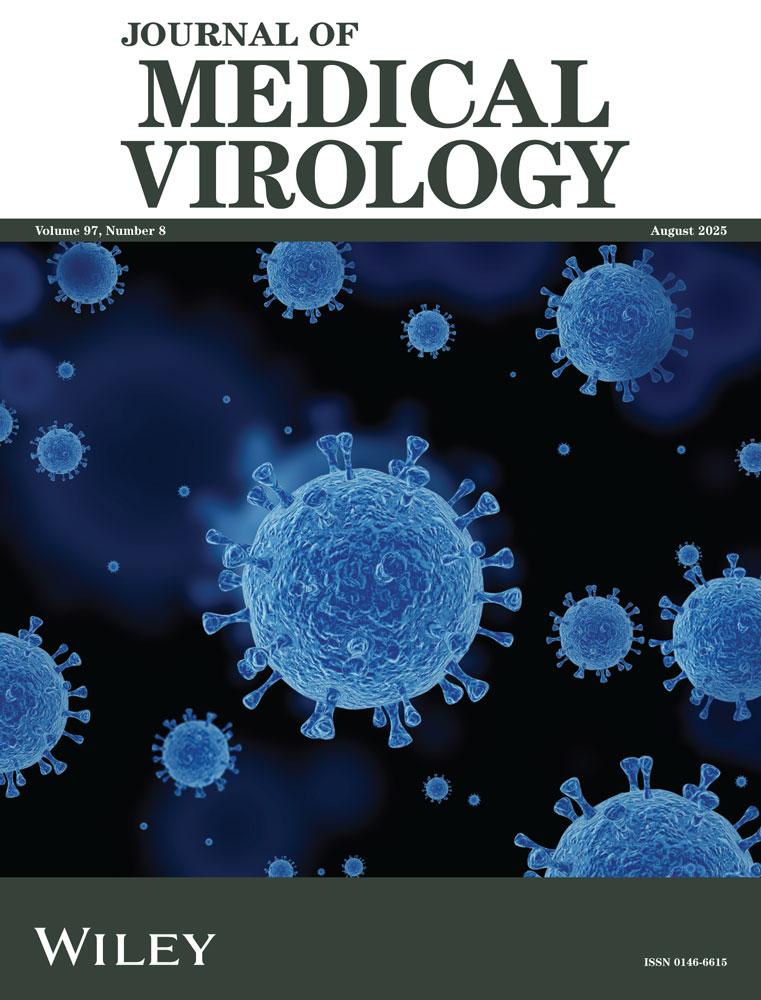Detection of enteric adenoviruses with synthetic oligonucleotide probes
Abstract
The abilities of hybridization probes to detect all human adenovirus types and to identify enteric adenovirus types were evaluated. The efficiency of hybridization was compared to other tests currently in routine laboratory use on clinical specimens from young children with gastroenteritis, Probes were derived from various regions of the adenovirus types 2 and 41 genomes, and were evaluated by hybridization with a series of DNA quantities from 1 μg to 10 pg of one adenovirus type from each human subgenus, lambda phage, and HEp 2 cells. The sensitivity of hybridization with the HPII probe (92.7%), containing the conserved hexon gene, compared well with EM (54.6%), culture and neutralization (45.5%), and enzyme immunoassay (61.8%). The sensitivity of detection of enteric adenovirus isolates by the cloned Bg/II D fragment probe (92.9%) and by a synthetic probe (85.7%), manufactured from type-specific sequences of the Ad41 hexon gene were comparable to Ad40/Ad41 specific enzyme immunoassay (84.6%). Hybridization was found to be a sensitive method of adenovirus detection in comparison to traditional methods of laboratory diagnosis. Synthetic oligonucleotides enable specific detection of individual enteric adenovirus types. Hybridization had additional advantages over other tests in identifying cases of infection with more than one adenovirus type and in allowing an estimate of the concentration of adenovirus in the specimen.




